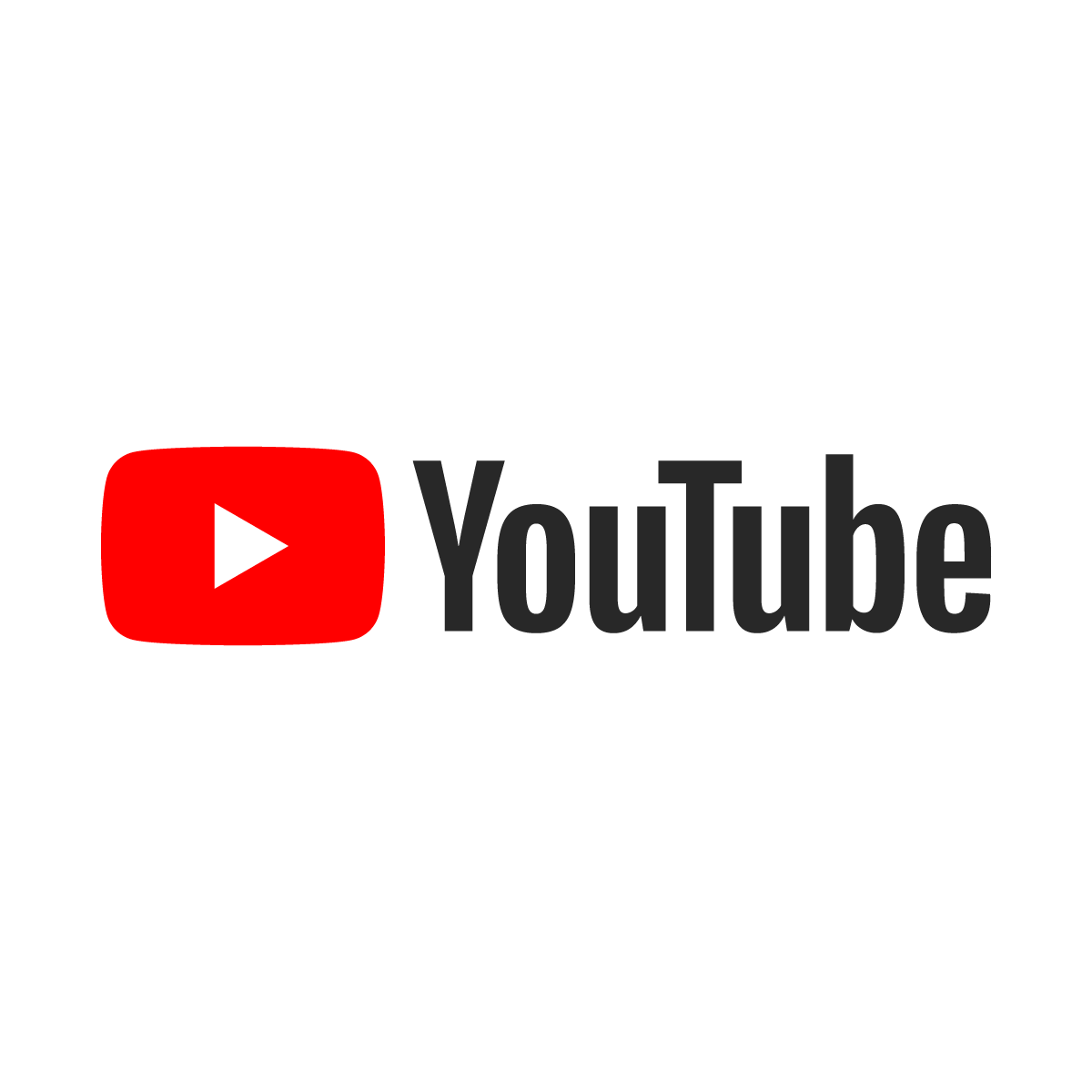:format(webp)/cdn.vox-cdn.com/uploads/chorus_image/image/66398883/vrg_illo_3920_world_without_youtube_0001.0.jpg)
Imagine a world without YouTube
Imagine a world without YouTube
Fifteen years ago this month, one of the most important web domains in history was registered: YouTube.com. Today’s teenagers have never known an internet that couldn’t host as much video as they want for free, server costs be damned. YouTube has helped elect politicians, create entire industries, and taught millions of people how to use eyeliner. It’s not a stretch to say it shaped the internet as we know it.
But what if YouTube had failed? Would we have missed out on decades of cultural phenomena and innovative ideas? Would we have avoided a wave of dystopian propaganda and misinformation? Or would the internet have simply spiraled into new — yet strangely familiar — shapes, with their own joys and disasters?
Here’s one idea of what it might have looked like, tracing the line from why YouTube might have failed to what the world would have looked like without it. It’s far from the only option — but if you’re struggling to imagine a world without YouTube, it may not be as hard as you think.

2005–2006: THE FALSE START
A VIDEO PLATFORM FIGHTS COPYRIGHT LAW (AND COPYRIGHT LAW WINS)
It’s 2005, and three guys named Steve Chen, Jawed Karim, and Chad Hurley have just launched a dating website called YouTube. While nobody accepts YouTube’s invitation to “Tune In, Hook Up,” people do love sharing pop culture clips and little videos about their lives. By 2006, YouTube’s viewership has exploded, but reporters raise ominous questions about its financial strategy and legal risks. NPR, for example, declares that “YouTube does for video what Napster did for audio” — and that, like Napster, its days might be numbered. YouTube discusses an acquisition offer with Google, Microsoft, and Oracle, but all three deals fall through, and growing server costs threaten to eat through the company’s funding.
Read more: https://www.theverge.com/2020/2/28/21145506/youtube-without-internet-fiction-alternate-history
About the author



